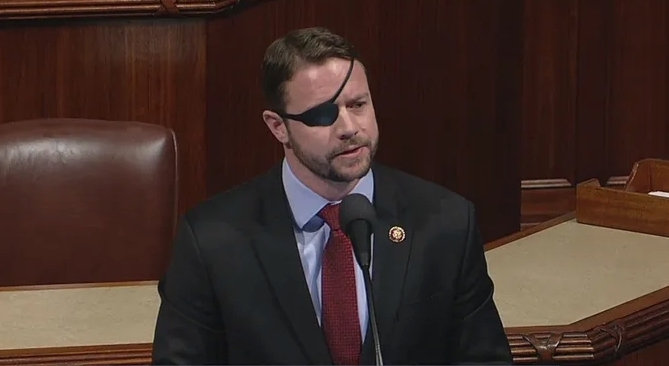Paul Williams writes for the Federalist about a potentially dangerous consequence of the push toward “equity.”
Scientific impartiality is supposed to prevent politics from influencing the country’s health care decisions. This is no longer true for chronic kidney disease (CKD), which is the impaired ability of the kidneys to remove waste, toxins, and excess fluids from the blood. This condition affects more than 35 million U.S. adults. However, in the case of CKD, racial politics have trumped scientific impartiality — and with the blessing of the National Institutes of Health and the leadership of many medical organizations.
The diagnosis and treatment of CKD are guided by an overall measure of kidney health known as the glomerular filtration rate (GFR). Although GFR can be directly measured in a hospital or research clinic (the gold standard), in the doctor’s office it is mostly estimated based on creatinine levels in the blood. For over two decades, creatinine levels have been assessed in routine screenings and treatment; higher levels of creatinine in the blood are associated with lower GFR. The lower the GFR, the greater the severity of CKD.
On average, American black adults have higher blood creatinine than non-blacks who have the same level of kidney function. A “plausible biological explanation” is that creatinine is secreted into the blood by muscle cells, and the average American black adult has more muscle than the average non-black adult. In the past, this difference in creatinine levels was accounted for by a race-correction factor in the GFR formula. This is why blacks tend to have between about a 16 and 21 percent higher GFR than non-blacks with the same creatinine concentrations.
This correction factor was meant to provide black and non-black patients with the same CKD diagnosis and treatment based on the best estimate of their directly measured GFR, which might be different from their creatinine levels. This is why laboratory reports used to show two different categorizations of GFR estimates — one for African Americans, and one for others.
Students and activists successfully petitioned major hospitals to remove the race correction, which they characterized as being “rooted in historical injustice and a legacy of justification for colonization, slavery and genocide.”


